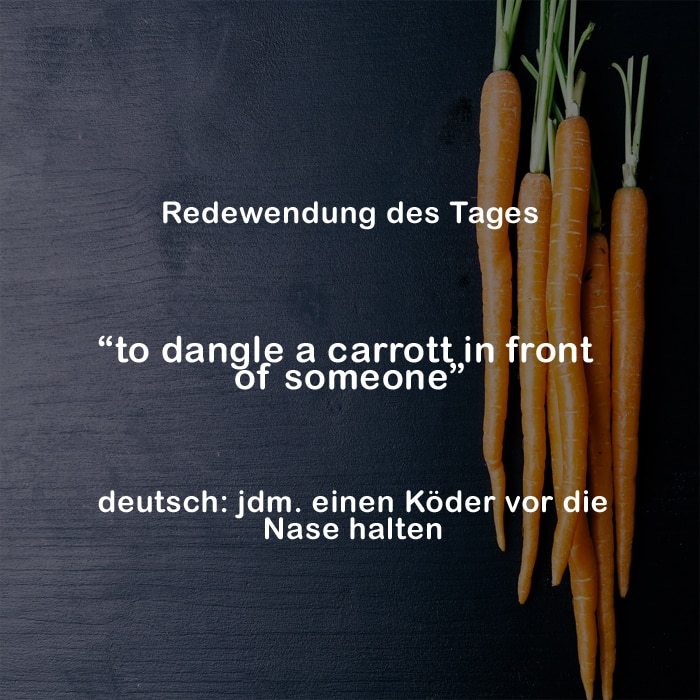Negotiation – Every week our business English blog brings you a new and interesting topic with useful vocabulary and idioms. This week its all about how to negotiate – verhandeln – and the five styles. A negotation is a dialogue between two ore more parties in order to agree – übereinstimmen – on matters of mutual interest. Or it is used to gain advantage – einen Vorteil verschaffen – for an individual. We negotiate daily, often without being aware of it. We use it in personal situations like parenting, marriage or divorce. However, this blog focuses on negotiations in a business context.
People bring different skill sets – Fertigkeiten – and experiences with them. And these influence the way they interact with others and also their way of negotiating. A good negotiator – der Verhandlungsführer – knows how to use their primary style to their advantage and when to switch to another style.
Learn English – negotiation styles
a competetive negotiation – die Konkurrenzstrategie: this style is aimed to win, a competitive negotiator will do whatever it takes to get their way. They focus on winning rather than reaching a mutual benefiting – beiderseitig vorteilhaft – agreement. This style is useful when you need to reach a short-term agreement quickly.
a collaborative negotiation – die kooperative Strategie: this style focuses more on making sure every party leaves the table with what they came to achieve. A collaborative negotiator values building relationships and is willing to invest time into finding innovative solutions.
compromising negotiation – die Kompromissstrategie: this style is willing to relinquish – aufgeben, abtreten – some terms in favour to gain others. A compromising negotiation style is most useful in situations where the opposite party is trustworthy, and the agreement is under a tight deadline
avoiding negotiation – die Vermeidungsstrategie: these people do not like confrontation. Avoiding negotiation styles work best in situations where the negotiation concerns a matter that is trivial to both parties. Or when its more important to resolve – etw. beilegen, beschließen – the mater as quickly as possible than the outcome itself.
accomodating negotiation – die Anpassungsstrategie: this style is the opposite of the competitive negotiation. It is aimed at building and preserving – erhalten – a good relationship and friendly rapport with the other party. Often by sacrificing – opfern -some of the company´s interests in favour of the other party. This style is best used if a company caused harm to another and needs to make peace.
Useful phrases
- “Before we begin, shall we have a look at the main points on the agenda?” – Bevor wir starten, sollen wir einen Blick auf die Hauptpunkte der Tagesordnung werfen?
- “I would like to outline our aims and objectives” – Ich möchte kurz unsere Absichten und Ziele umreissen.
- “Is there anythign you would like to add?”- Möchten Sie dem etwas hinzufügen?
- “We would like to propose that…” – Wir möchten vorschlagen, dass…
- “Could you be more specific?” – Könnten Sie das etwas ausführen?
- “What are your vies on…?” – Wie sehen Sie…?
- “Considering that I would like to suggest…” – Mit Hinblick darauf, würde ich vorschlagen, dass…
- “One of the key reasons for that is…” – Einer der Hauptgründe dafür ist,…



